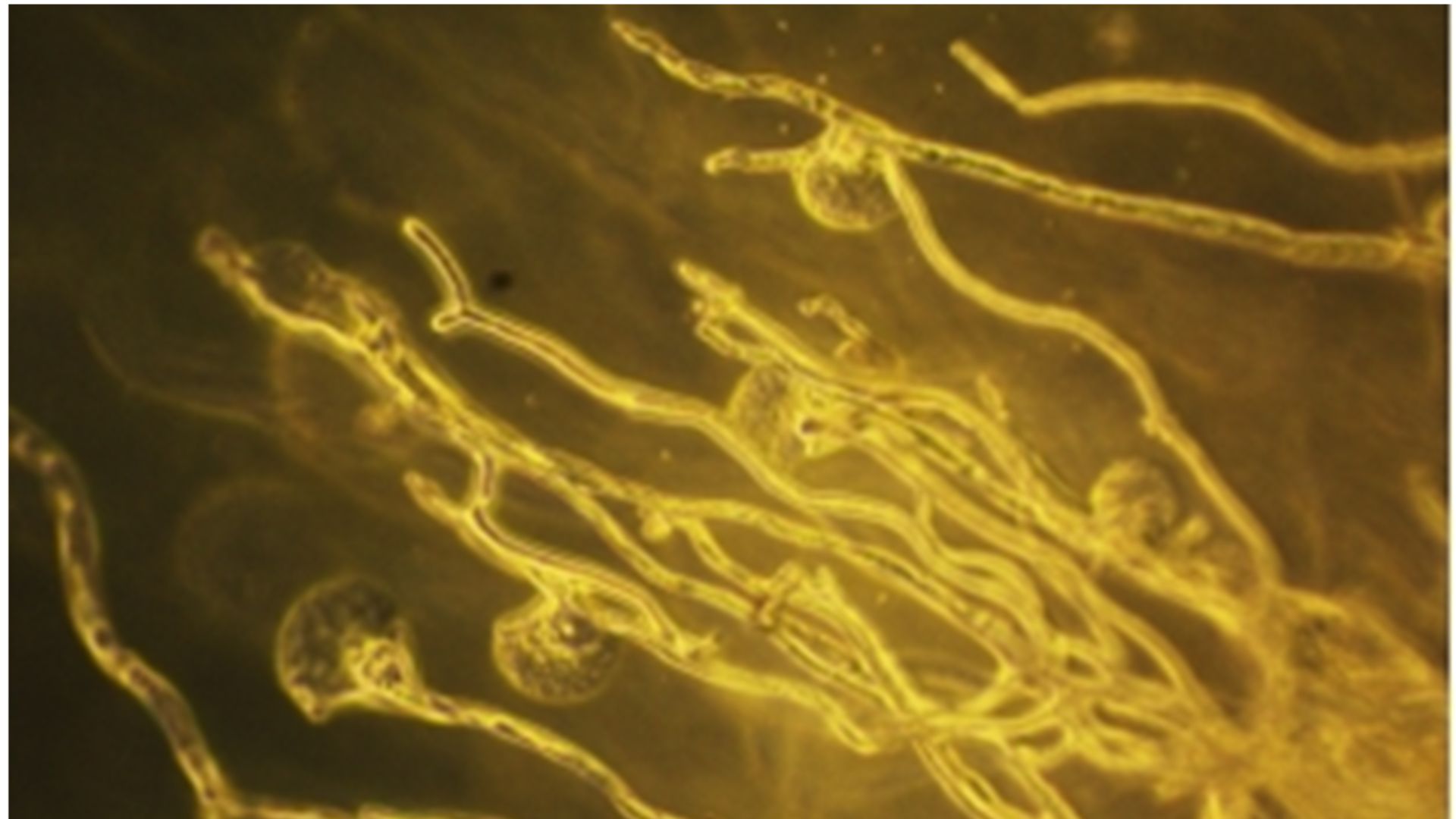A unique method developed for drug delivery can prove useful to patients suffering from asthma, cystic fibrosis, or previous lung disease, human immunodeficiency virus (HIV), cancer, or those exposed to corticosteroid medications for an extended duration. Nanoparticles are promising for the controlled and effective release of drugs.
The use of polymeric nanoparticles is the most advanced method of drug delivery. Azole drugs used currently attack the fungal membrane and neutralize the fungi. However, resistance to the existing antifungal drugs is a matter of concern, and hence better methods of drug delivery, so that the medicines for treatment of the infection can be effective.
A team of scientists from Agharkar Research Institute, an autonomous institute of the Department of Science & Technology (DST) have used a chitin synthesis fungicide, Nikkomycin, produced by the bacterial Streptomyces spp. to develop Nikkomycin loaded polymeric nanoparticles.
Chitin is the chief component of fungal cell walls and is absent in the human body. The drug-loaded nanoparticles were found to disrupt the growth of Aspergillus spp and found effective against fungal infection known as Aspergillosis caused by fungi Aspergillus flavus and Aspergillus fumigatus.
The nanoformulation developed was found to be free of cytotoxic and hemolytic effects. The ARI team is hopeful about the method’s application in the development of inhalation nanoformulations against pulmonary aspergillosis.
The research led by Scientist Dr Vandana Ghormade and PhD student Kamal Mayattu was published in the journal Zeitschrift für Naturforschung C. The team is hopeful of further expanding the scope of such antifungal nanoformulations and for the possibility of a public-private partnership for commercialization in the future.






